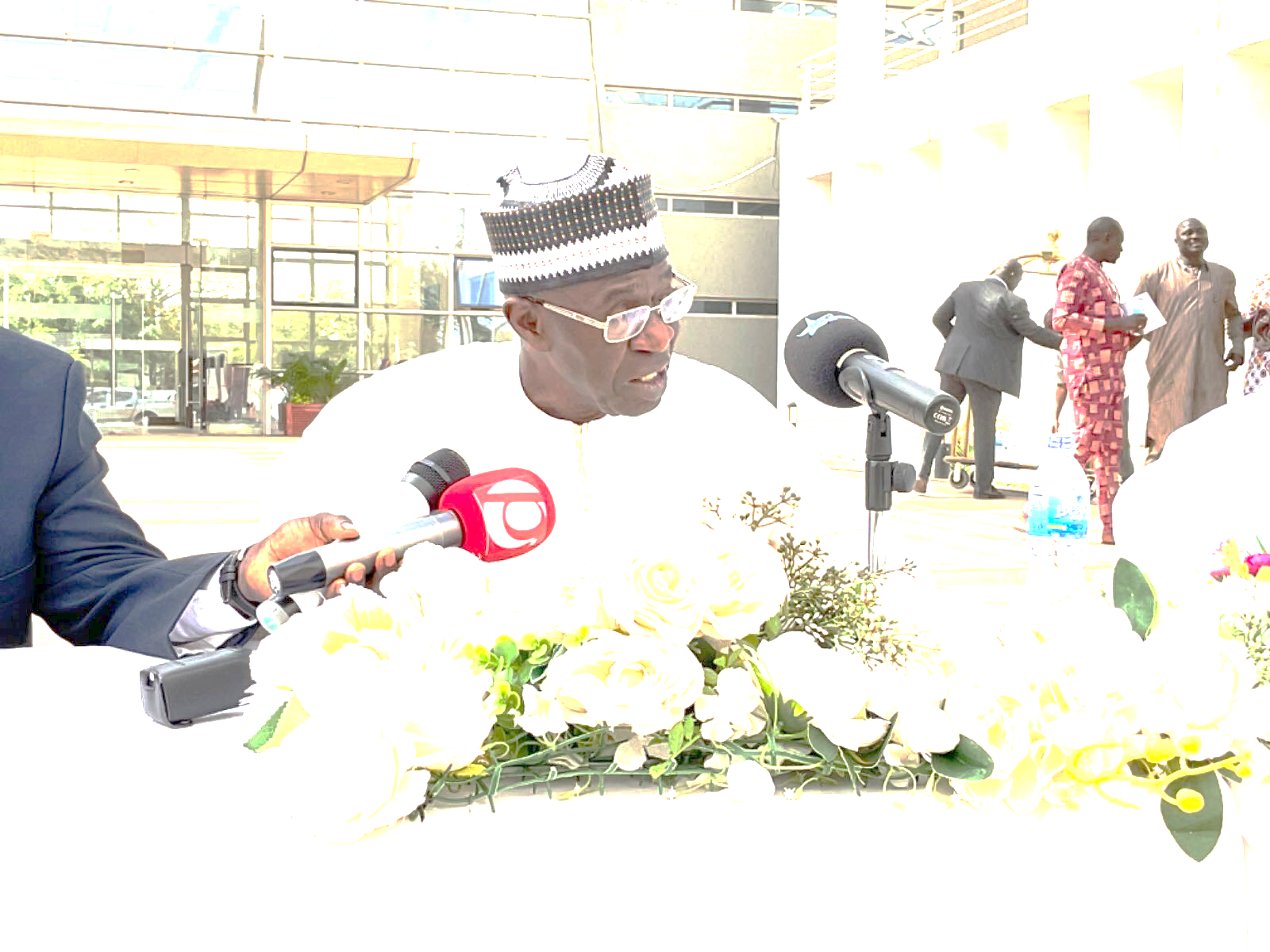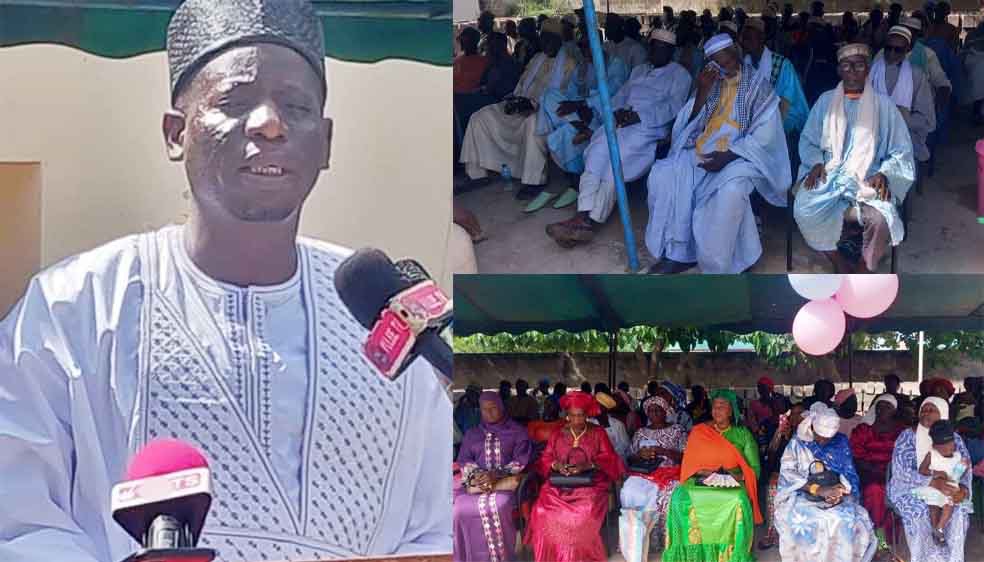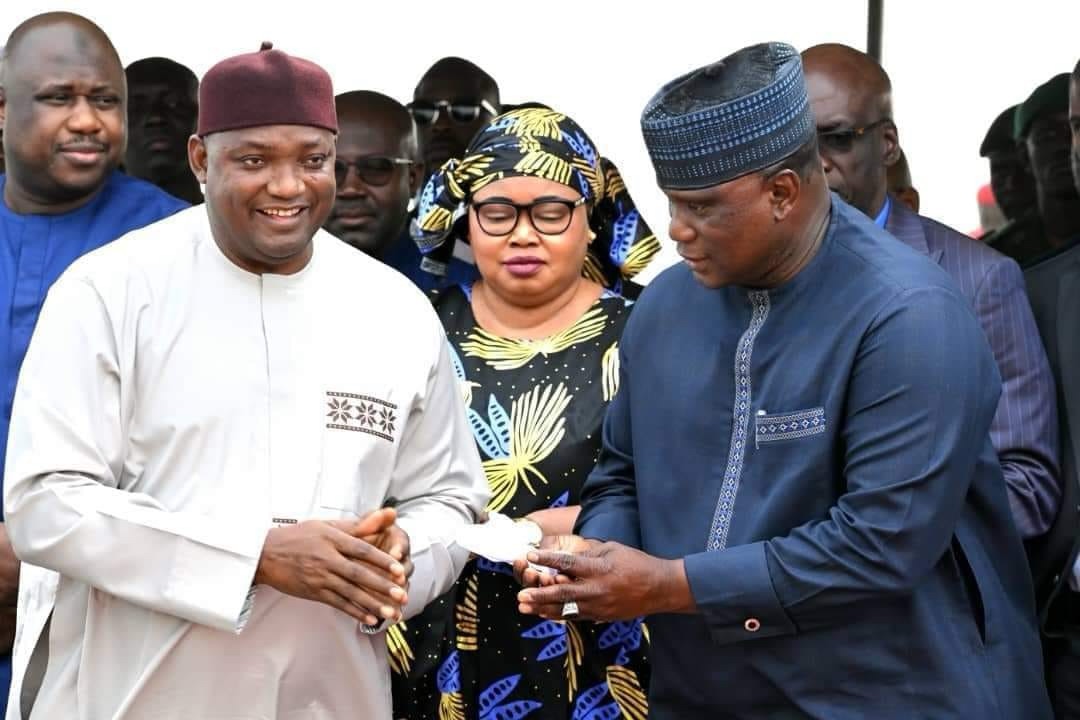By Yunus S Saliu
Sub-Saharan Africa Women’s Empowerment and Demographic Dividend Project Plus (SWEDD+) Tuesday commenced a three-day consultation workshop for the development of a training manual on GBV/SEA/SH.
The workshop, which brought together different experts from relative fields to discuss and develop a one-of-a-kind manual on the GBV/SEA/SH for the country, was held at the NaNAConference Hall, Bakau.
In his remarks, Mr. Omar Mbacky of the Ministry of Health expressed delight to be part of the working sessions.
He said the SWEDD+ project was supported by the World Bank and it is meant to address issues affecting vulnerable persons in the society.
The vulnerable people in society, he said, included women and children “and the project focuses on young women and adolescent girls with the perspective of supporting them in terms of enhancing their education at least to secondary level. Also, those of the girls who are in school and having the challenge to pursue their secondary education.”
Mr. Mbacky went on to say that the project is to complement government efforts and how to bring children out of school back to school, and this can be done “by making sure that all the necessities that they need to support their educational activities are provided to them. This ranges from the care, protection, services, and logistics that they need while they’re in school.”
Other aspects that the project will look at or has come to look at are the sexual and reproductive rights and services of the same group.
“Young women and adults are confronted with lots of challenges when it comes to their health issues. This is of concern, particularly in the reproductive aspect. So the project has come to enhance the services and provide them manpower, support, career guidance with services and facilities where they will gather, talk about issues affecting them,” he stated.
Mr. Mbacky reminded the participants that they should do their best to ensure that they provide a manual that would support every activity of the mitigation plan while concluding that the project is a multi-sectoral project that is not owned by one ministry and “It is supported by the World Bank.”
Ma’am Fatoumatta Kasama of Girls’ Pride Gambia disclosed that the manual to be developed will be used for presentations during community activities of the Sub-Saharan African Woman Empowerment Demographic Project on issues related to gender-based violence, sexual reproductive health, sexual harassment, and exploitation
Ms. Phebian Ina Grant Sagnia, the Focal Person for the SWEDD+ Project thanked the World Bank for funding the project and, in extension thanked the participants for making themselves available for this three-day intensive manual development workshop.
Among participating groups for the development of the manual included the Ministry of Health, Ministry of Basic and Secondary Education – Gender Unit, Ministry of Gender, CPA, NGBV, NSGA, TGA, TYW, WILL, National Youth Council (NYC), WAVE, Girls’ Pride Gambia and Gambia Federation for the Disable.





